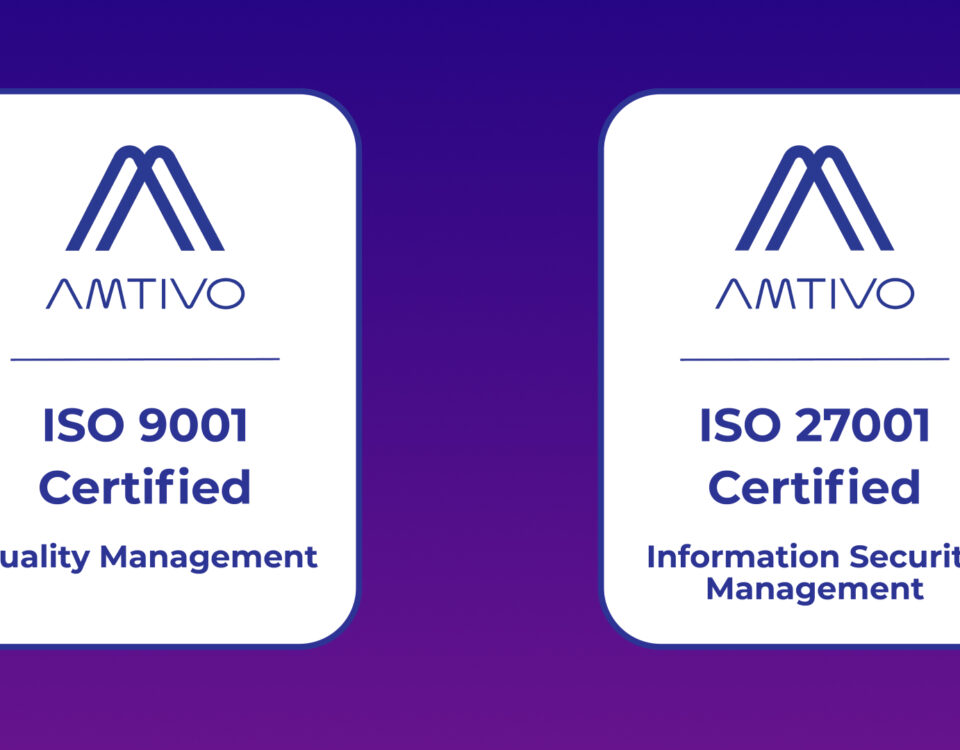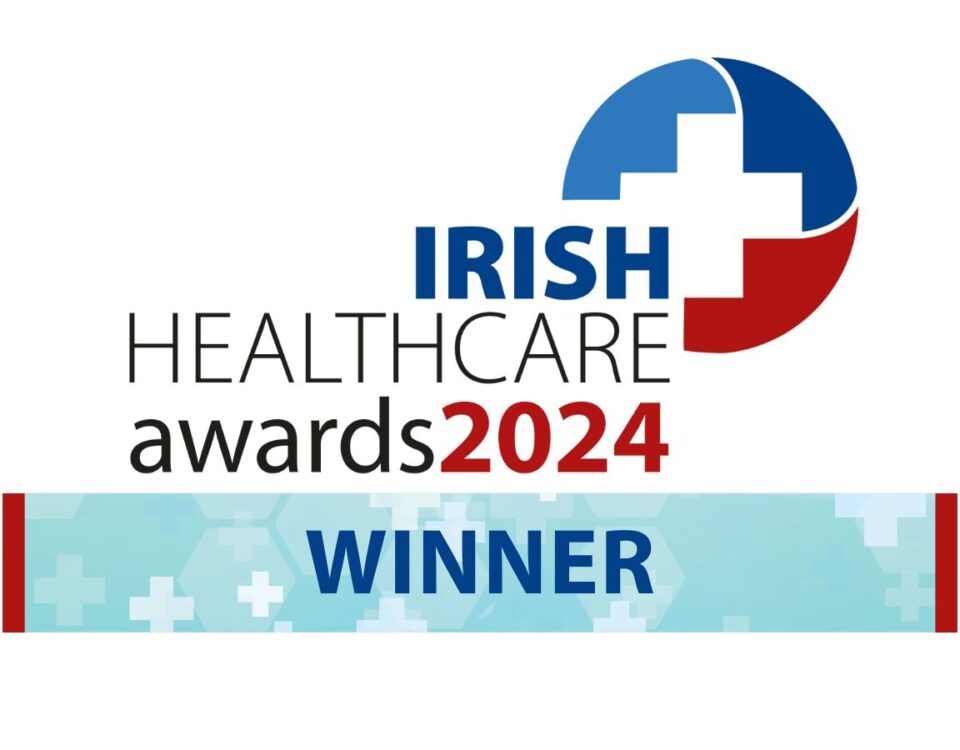Improving access to specialist dermatological services

“Everyone should have rapid access to a specialist dermatology consultant service”, writes Michael McHale.

That’s the view of DermView, a leading dermatological consultancy, which has worked with hospitals across the country since 2018, seeing more than 10,000 patients with almost 100 melanomas and 600 cancers.
Due to DermView’s intervention, hospital dermatology patient waiting lists have reduced by over 36 per cent. This has led to a 98 per cent drop in the number of patients waiting more than 18 months for a dermatology appointment.
With services based in hospitals in Dublin, Laois, Longford, Louth, Waterford, Westmeath and Wexford, DermView recently opened its latest hi- tech clinic in Lucan, Co Dublin.
“The Lucan surgical facility has seen its first patients come through the doors in recent months, providing those with skin lesions a rapid end-to-end service from diagnosis to surgical excision and an impressive capacity to facilitate 15,000 dermatology surgeries per year,” the organisation’s CEO and co-founder Eoin O’Reilly said.
Their new clinic in Lucan has four surgical theatres and five consulting rooms and represents an investment of over €8 million for DermView, winner of top titles at the 2022 Irish Healthcare and HealthTech awards.
“The new clinic in Lucan will provide a much-needed service for patients,” the organisation’s Medical Director and co-founder Dr Rupert Barry added.
“From the various projects that DermView has been involved with in Ireland over the past 18 months, the rate of skin cancer has run between 13.5 to 20 per cent of the examined patient cohort. When we look at the current 41,000 patients on the public dermatology waiting lists, this means that there are currently several thousand patients with skin cancer on the waiting list and at least 400-500 of these will have a malignant melanoma.”
Over recent years skin cancer has shown rising rates of incidence in Ireland with approximately 13,000 cases diagnosed annually, 230 skin cancer related deaths per year and around half of referrals to dermatology for skin cancer.
A key priority for DermView is tackling long patient wait times and facilitating equitable, timely and geographical access to treatment. This comes at a time when approximately 42,000 people in Ireland are waiting to access dermatology appointments.
Timely and accurate diagnosis is key to determining the most effective management approach for these patients. DermView has helped to achieve a reduction of over 35 to 55 per cent in waiting lists through hospital partnerships.
DermView continues to forge ahead with plans to open further clinical and surgical facilities around Ireland, enabling the organisation to facilitate and treat over 25,000 patients nationwide.
It also has ambitious plans to expand into Northern Ireland and the UK in partnership with the NHS in 2023. Founded in 2018, the company has recently secured additional funding of €2.8 million from private investors. This will further support rapid growth plans across Ireland and the UK and launch their new OptaView service in Ireland.
The company plans to further use the power and potential of its technology and services to focus on ophthalmology under a pilot programme with the Mater Hospital and HSE. The initiative aims to provide a rapid triage of services from their nationwide clinics directly back to the hospital.
DermView offers patients a consultancy service for any skin condition, including moles, lesions, rash and acne. Their service includes rapid access to an appointment within 7-14 days and a face-to-face meeting with a registered nurse at its imaging clinics.
A consultant dermatologist on the specialist registrar in Ireland will diagnose the patient’s condition, with a guarantee of results within 30 days.
The organisation works with registered GPs in Ireland to discuss and arrange possible treatments and a full aftercare support package.
Patients can also receive a digital copy of their results and an invoice for private medical insurance claims.
DermView also uses teledermatology, which enables the patient to receive a rapid, accurate diagnosis from a leading dermatology consultant in Ireland. Dermoscopy uses an epiluminescence microscope to view skin lesions in magnification in-vivo. It is especially useful in quickly detecting malignant skin lesions or melanoma.
In teledermoscopy a specialist can receive digital dermoscopic lesion images through electronic transmission. DermView is a telediagnostic platform that enables specialists to do this. The images and medical notes are then assessed remotely by consultant dermatologists, without having to see the patient in person or via video link.
DermView currently works with 28 specialist consultants across dermatology, plastic surgery, maxillofacial surgery and histopathology.
Only consultants on the Irish Medical Council’s (or other country’s equivalent) specialist register are allowed to use the DermView technology platform. The company verifies all consultants prior to allowing them to join the platform to ensure they have vast knowledge and experience of the full spectrum of conditions, and can effectively diagnose and treat patients.
Benefits for consultants who join DermView include the ability to work remotely, the full automation of prescriptions, surgical requisition and the delivery of results back to the GP and patient, an in-house GP, nursing and admin team and the ability to cross confer rapidly with other consultants.
DermView can also help consultants grow their private practice while aiding in Government waiting list initiatives.
“Over my career as a dermatologist over the last 20 or so years I’ve noticed that one of the continuing problems is access of patients to see a dermatologist,” Dr Patrick Ormond, Consultant Dermatologist and member of the Medical Governance Committee at DermView, said.
“With regard to skin cancer, the most important thing is being seen as quickly as possible and as soon as possible because almost all skin cancers are curable if they’re caught early and DermView is one of those tools that will help get people seen early if they need to be.”
This article was first published by Irish Medical Times on 13th January 2023. You can read the original article here.


